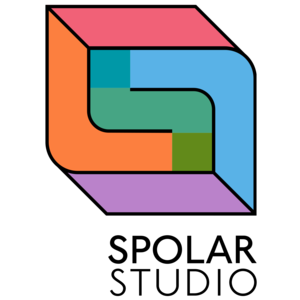NSCI approached us with the goal of creating an artful donor recognition solution for their synagogue, designed by the renowned architect Minoru Yamasaki. Drawing inspiration from the architecture, the lakeside location on Lake Michigan, and the abundant natural light, we began our design process.
